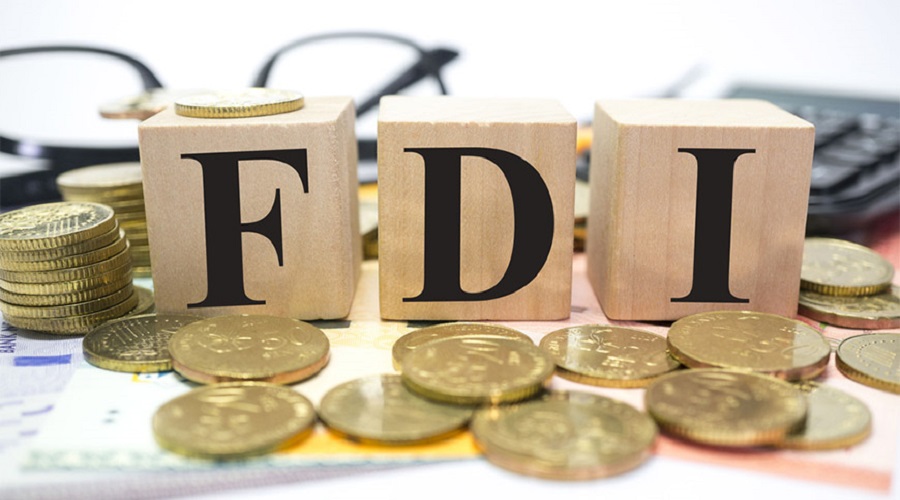KATHMANDU: Recognizing the need to make foreign investment in Nepal more attractive and accessible, the government is taking steps to streamline the process. Under the new policy introduced by the Ministry of Industry, Commerce, and Supplies, foreign investments of up to NPR 500 million can be approved through the automatic route. This move aims to simplify the approval process and enhance Nepal’s appeal to foreign investors.
The policy, authorized under subsection 1 of section 42 of the Foreign Investment and Technology Transfer Act, allows investors from any country to receive initial investment approval online by submitting their applications. According to Baburam Gautam, Director General of the Department of Industries, the government has initiated these measures to expedite and simplify the foreign investment approval process.
He explained, “Foreign investors can apply from abroad to invest up to NPR 500 million, and they will automatically receive pre-approval through the online system.” However, the development of the necessary online infrastructure is still in progress, and investors will soon be able to upload their documents online for automatic approval.
The private sector has welcomed this government initiative to attract foreign investment legally. Chandra Prasad Dhakal, President of the Federation of Nepalese Chambers of Commerce and Industry (FNCCI), emphasized the importance of effective implementation, stating, “While policy reforms have been made to attract investment, it’s crucial that these decisions are implemented effectively.”
The government has identified seven specific areas where foreign investments will be permitted through the automatic route.
Notably, there is no minimum investment limit for information technology-based industries, including technology parks, IT parks, biotech parks, software development, data processing, digital mapping, business process outsourcing (BPO), knowledge process outsourcing (KPO), data mining, cloud computing, web portal, and web design.
Additionally, foreign investments are encouraged in areas such as energy production from wind, solar power, biomass, and related machinery and equipment manufacturing. Investments in bio gas, energy co-production in the sugar industry, energy exploration, agriculture, and forest production industries are also open to foreign investors.
The infrastructure sector invites foreign investment in vehicle parking facilities, export goods processing zones, wastewater treatment plants, film city and studio construction, and warehouse development and operations.
Moreover, the tourism industry offers investment opportunities in motels, hotels, resorts, bars, restaurants, amusement parks, water parks, conference facilities, and sports tourism ventures. In the service industry sector, foreign investments are welcomed in various areas, including mechanical workshops, construction businesses, hospitals, nursing homes, polyclinics, rehabilitation home operations, physiotherapy clinics, Ayurvedic and other alternative healthcare facilities, sports services, swimming pools, garbage collection and sanitation, garbage recycling, veterinary services, health examination facilities (including X-ray, CT scan, MRI, ultrasound services, and health examination laboratories), as well as international courier services.
In the manufacturing industry, foreign investors can explore opportunities in livestock and fish feed production, manufacturing of starch, glucose, bakery items, processing and packaging of animal and fish meat, oil and fat production from basic raw materials, confectionery and biscuit manufacturing, sugar production, and non-alcoholic beverage production.
Additionally, the manufacturing sector offers investment prospects in textile fabrication and recycling, garment and clothing production, manufacturing of electronic household appliances, production of items using plastic and rubber, as well as the creation of bags, luggage, suitcases, trolley bags, and similar products for carrying goods.
Other opportunities include the production of wooden materials, toiletry products (toothpaste, soap, and shampoo), items using glass, bicycles, scooters, motorcycles, automobiles, and related equipment, electric lights, switches, meters, meter fuses, wiring wires, compressors, medical, surgical, orthopedic, and electrical wire manufacturing.
These policy reforms aim to make foreign investment more accessible and boost Nepal’s economy while offering diverse opportunities to potential investors across various sectors.

